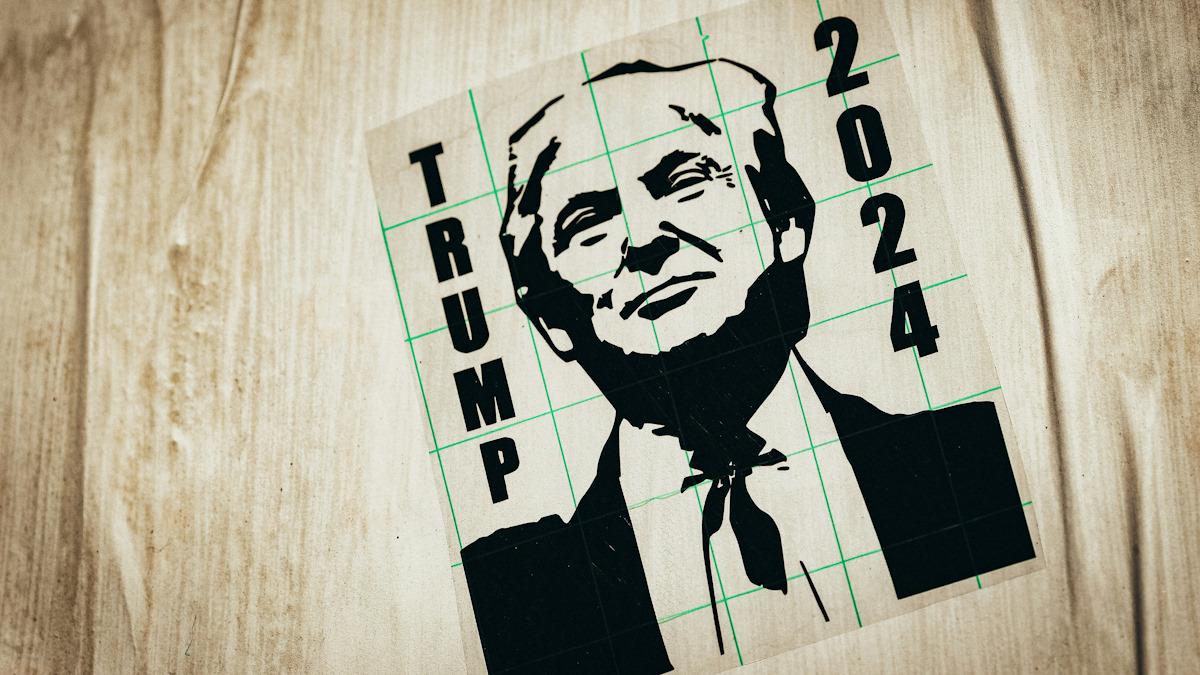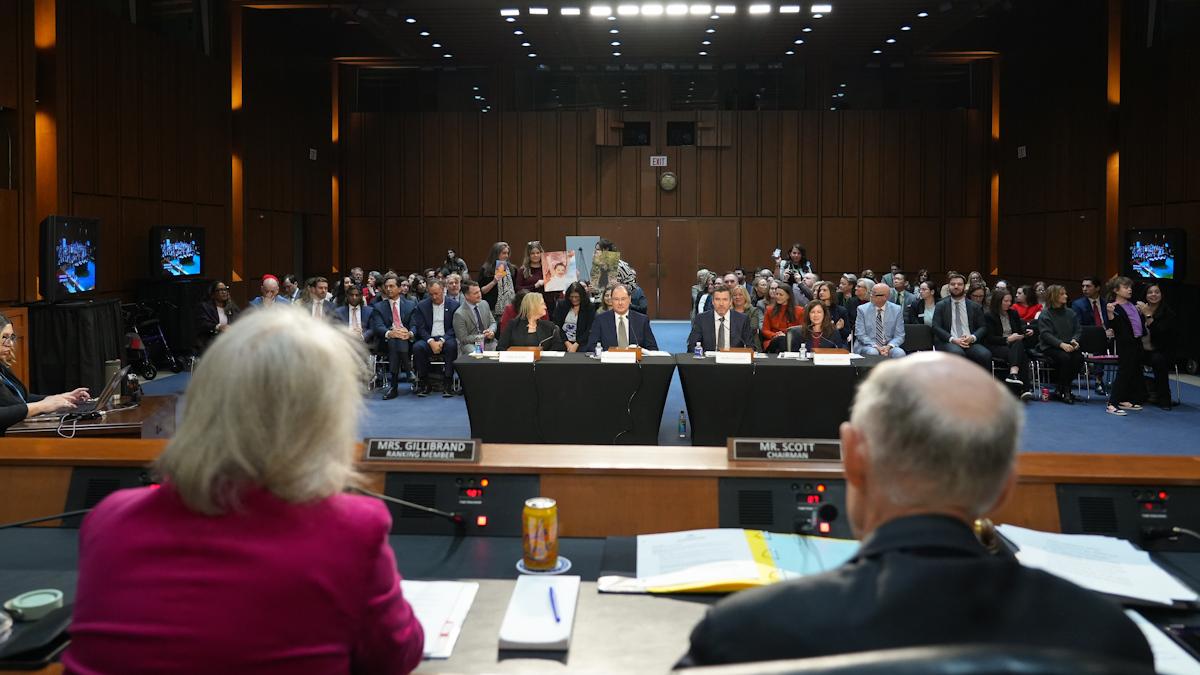Trump claims comprehensive victory in US election

It is all over bar the shouting win for the US election, with Donald Trump set to claim the Presidency, potentially with the triple whammy of a Republican majority in the Senate, House of Representatives, and popular vote.
In his first address since results indicated it had become practically impossible for Kamala Harris to get over the line, Trump hailed "an unprecedented and powerful mandate."
News agencies are scrambling to make sense of the result and its implications for key issues like world trade, immigration, geopolitical conflicts, reproductive rights, and climate change, but after a campaign long on rhetoric and short on policy it will be months before the impact of Trump's second term becomes clear.
There were hints of future moves, with Trump suggesting that former independent presidential candidate Robert F Kennedy Jr, who pulled out of the race in the summer and threw his weight behind Trump's campaign, would play a role to "make America healthy again."
Trump had previously suggested he would give the former Democrat – who has courted controversy with his support of vaccine conspiracy theories – a free rein on health reform, although there has been very little signposting of future plans during the election campaign.
Top of the agenda for the pharma industry is whether Trump will repeal the Inflation Reduction Act (IRA), which is deeply unpopular with the pharma industry due to controversial elements such as enabling Medicare to negotiate drug prices, but popular with many voters for setting a $35-per-month out-of-pocket cap on insulin products.
There are predictions that Trump may choose not to repeal the legislation – despite vehement objections to it among Republicans since it was enacted – because much of the funding it generates benefits GOP states and taking on the pharma industry is generally popular with the US public.
However, if Trump opts to keep the IRA going, he may choose not to pursue the stated policy under the Biden administration – and Kamala Harris' campaign trail pledge – to expand its scope by increasing the number of drugs subject to the pricing negotiations and extending the out-of-pocket caps to people with private insurance, as well as those on Medicare.
Reducing drug prices became something of a mantra for Trump during his last presidency, although, as it turned out, much-touted efforts to introduce measures such as forcing US prices to align with those seen in other regions, including Europe, proved to be ineffectual.
This time around, he could have much greater power to bring about change, particularly if the Republicans claim control of both the Senate and House. That could spell bad news for pharmacy benefit managers – the middlemen in the pharma distribution chain – which have been blamed for raising drug prices by lawmakers in both political camps.
Meanwhile, all eyes will be on Trump's picks for the leaders of key government agencies, including the FDA and the FTC, along with his administration's position on other issues like compulsory licensing of high-priced medicines (so-called 'march-in rights') – which was tabled by the Biden administration earlier this year – the Affordable Care Act (ACA) colloquially known as ObamaCare, and the BioSecure Act, which aims to prevent biotechs with Chinese ownership working with US firms.
Trump was a fierce critic of the ACA in his last presidency, repeatedly promising an alternative plan that never saw the light of day. He has moderated his tone of late, even going so far as taking credit for making the plan function better, so he may simply make changes to the details.












